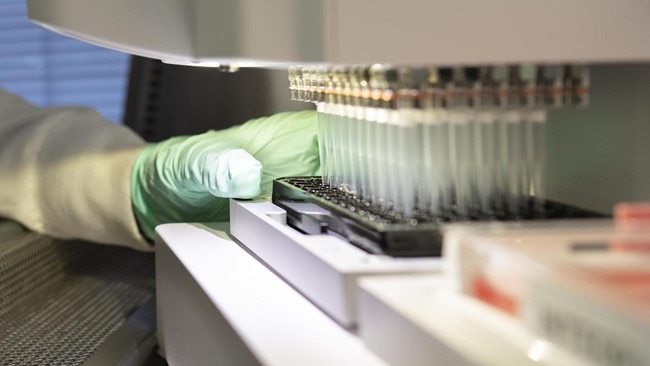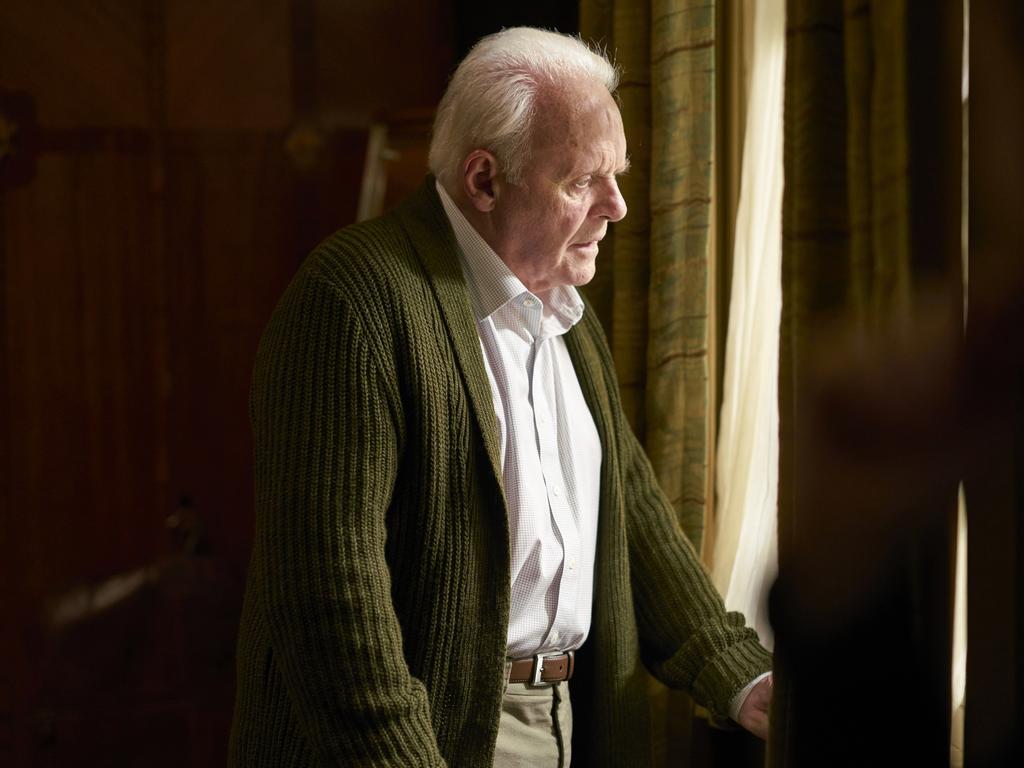Hope for Alzheimer’s after first drug approved in two decades
The first new drug for Alzheimer’s disease in nearly 20 years, which slows its devastating progress, is offering fresh hope for millions of patients worldwide.

The first new drug for Alzheimer’s disease in nearly 20 years cleared a big hurdle on Monday, offering fresh hope for millions of patients worldwide.
US regulators gave conditional approval for the use of aducanumab, which targets proteins in the brain to slow the progress of the disease. Campaigners in Britain said that the move was “promising”, with regulators in the UK and Europe set to make their own rulings on the treatment in the autumn.
Existing drugs for Alzheimer’s treat the symptoms of the disease. Aducanumab is the first to win regulatory approval that targets what is believed to be the underlying cause. Bart De Strooper, director of the UK Dementia Research Institute, said: “With no effective therapies currently available to modify the progression of this devastating condition, this is a major milestone for the millions of people living with Alzheimer’s.”
He cautioned, though, that “controversy and uncertainty” surrounding trials of the drug, which is likely to cost tens of thousands of pounds per patient a year, might limit the impact of the treatment.
The move by Biogen to file for the drug’s approval was a surprise after clinical trials involving more than 3000 people were stopped early in March 2019. An initial analysis showed that the drug was unlikely to make sufficient improvements to patients’ memory and thinking. Later that year the company said that it had undertaken a new analysis with more data focusing on people who had taken the drug for longer.
It said analysis showed that a high dose when patients were at an early stage of the disease appeared to slow some mental decline by a quarter after 18 months. Biogen requested approval on the basis of that data. The drug is an antibody designed to target amyloid, a protein that builds up in the brain at an early stage of Alzheimer’s disease.
The US Food and Drugs Administration (FDA) said that it was basing its unusual conditional approval on the ability of the drug, also known as Aduhelm, to clear the proteins from the brain. Biogen will need to complete a trial to confirm that removing the amyloid plaques offers cognitive benefits.
Many experts are uneasy with the ruling. Caleb Alexander, a drug safety and effectiveness expert at the Johns Hopkins Bloomberg School of Public Health, who advised the FDA to reject the application in November, told The New York Times that relying on a new analysis of a trial was “like the Texas sharpshooter fallacy – the idea that the sharpshooter shoots up a barn and then goes and draws a bullseye around the cluster of holes that he likes”.
Robert Howard, professor of old age psychiatry at University College London, said he believed that the decision was “a grave error that will have only negative impact on patients and their families and that could derail the search for meaningful dementia treatments for decades”. He said that it closed the door on further placebo-controlled trials “that might have helped to resolve disputes about efficacy quickly and cleanly”.
About 850,000 people are living with dementia in Britain. Hilary Evans, chief executive at Alzheimer’s Research UK, said they and their families had been waiting “far too long for life-changing new treatments”.
Use in the NHS would require the Medicines and Healthcare Products Regulatory Agency to approve the drug as safe and effective, and the National Institute for Health and Care Excellence to agree that it represented value for money.
Dr Elizabeth Coulthard, consultant senior lecturer in dementia neurology at the University of Bristol, said that approval had “huge implications for how we run services”. She said that people were diagnosed “relatively late in the disease process, after they have established dementia” but that treatments such as aducanumab needed to be used earlier. Changes in the brain could start 20 years before diagnosis, she said.
The Times






